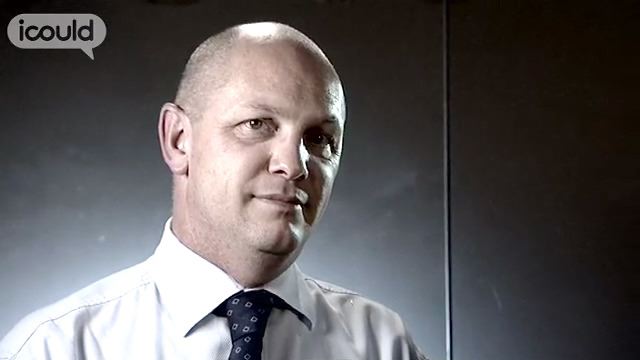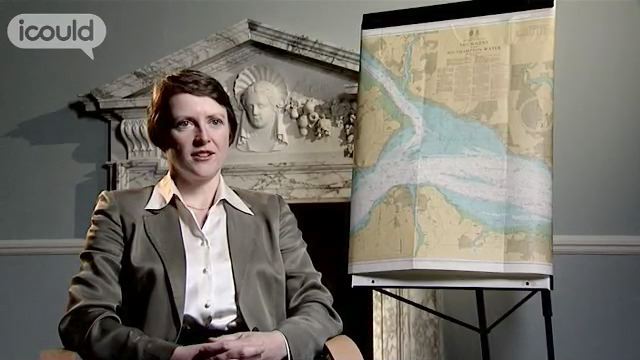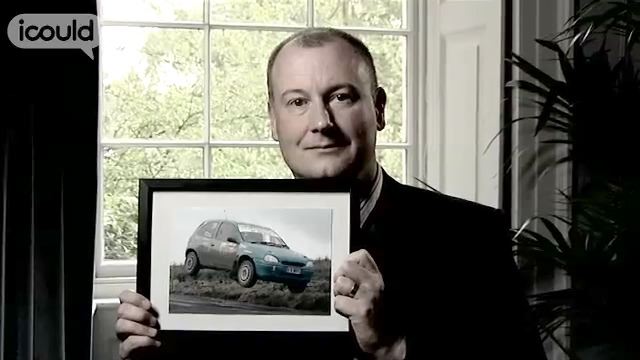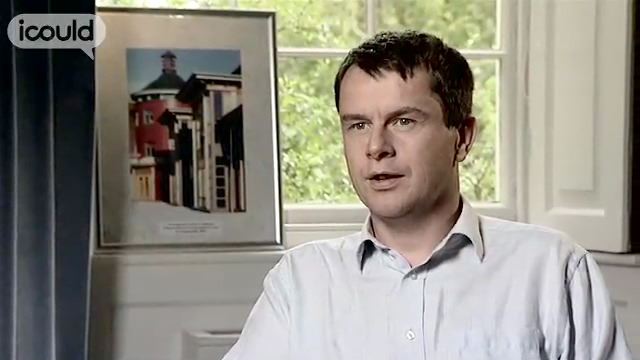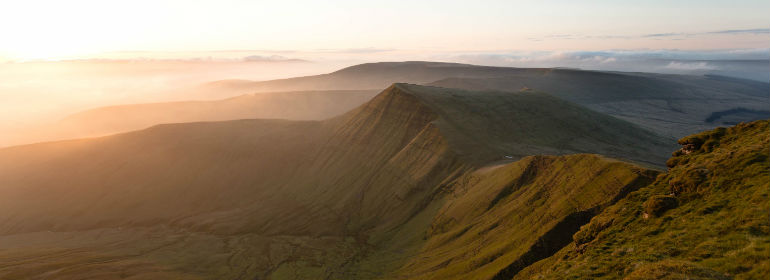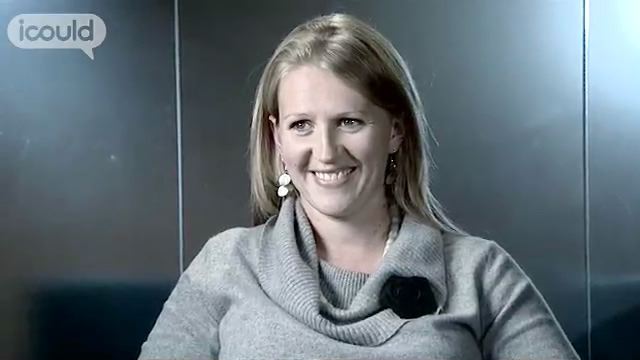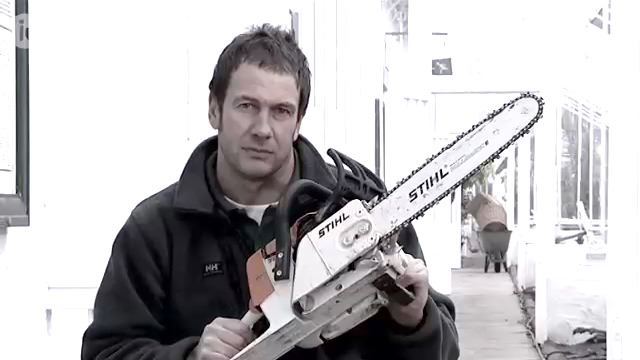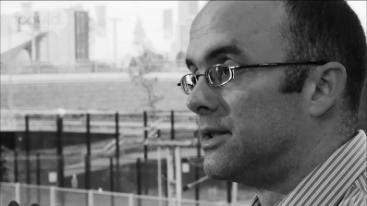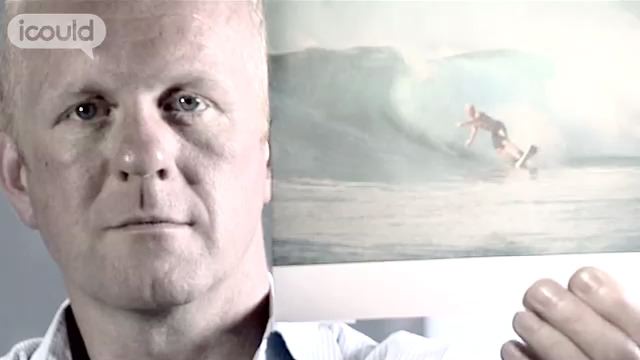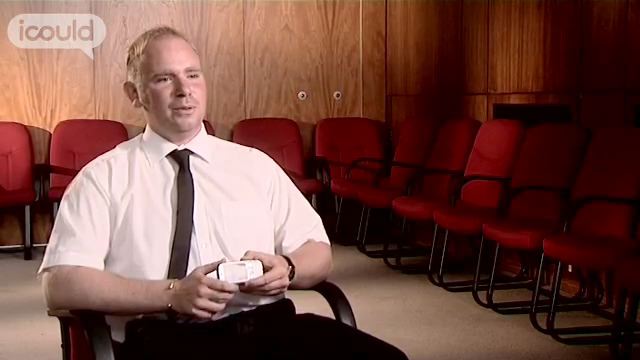Geologist
Tarmac
Robert Palmer
00:00:03 I’m Robert Palmer, I’m a geologist and I work head of Stancombe office in Bristol. Well, in front of me here I’ve just got a, there’s an old drill bit here. Similar to one of the drill bits we use when we’re doing a site investigation. We turn up at a new site, we haven’t got much information about what’s beneath our feet and we’ll use a drill bit to drill down.
00:00:27 We can also produce cores using a different drill bit and we’ll produce hundreds of metres of cores if necessary and then we’ll use these cores to look at the type of rock that’s there and we’ll look at any faults within the rock and any problems with its quality and then from that we’ll go on and design a quarry, come up with a reserve estimate.
00:00:51 When I was at school I always wanted to be a vet and that was the thing for me. I think I was watching Rolf Harris and people like that on Animal Hospital and that was the kind of thing I wanted to do. I was reading the James Herriot books on farm vets and things like that and that really interested me but after talking with a few people at the Sixth Form open day I realised that the subjects I were doing weren’t really quite what I wanted and I was only doing the subjects as a means to an end and I thought, “Well, actually, you know, let’s do something I enjoy.” So, I chose some A Levels which I enjoyed such as English language, I did business studies, geography and I did an AS, so, a half A Level in geology.
00:01:35 And it just so happened that geology really took my fancy and I did that to an A Level and things developed from there. I chose geology, really, because I had this genuine interest and passion for it which stemmed from, I think, my Dad does building work and landscaping and gardening and things like that. And I used to visit a lot of quarries and sand and gravel pits to collect materials and I was always interested to know where did this material actually come from?
00:02:06 How did it come from out of the ground? We just saw the sales side of it but I was always intrigued just to how they managed the quarry and things like that. I also had an interest in, like most young kids do, dinosaurs, you know, always picking up bits of rock so it was more of a, it was a combination of the two, really. A passion for the subject but also an interest in how we could actually benefit from it.
00:02:35 In the journey to becoming a geologist, I think the main obstacles I really hit were how I could make a job from my degree because I realised I really enjoyed the subject but then to find job that was actually specific to it was another thing. Fortunately, after I left uni I had a studentship from the Environmental Council to go and do a Masters degree in mining which really, until that point, left me in a bit of a limbo.
00:03:06 I wasn’t sure where I was going to go with geology but after doing a mining course it really did make me realise that that was the thing for me. Mining, quarrying, very similar business. So, really that was probably the main obstacle. Faced with really leaving uni, what do you do now, kind of creeps up on you before you know it.
00:03:27 I’m motivated by enjoyment for the job, satisfaction. I’m like most people, you know, it’s good to know that when you’re doing something you’re doing it well and doing it to the best of your ability and that’s quite satisfying. But also, what I find in this industry, the people you work with are very genuine, down to earth people and there’s no airs and graces, really. I get to deal with a lot of people from directors down to, you know, guys working on the quarry, land owners, all whole range of people which is very satisfying in itself.
ENDS
Rob Parlmer is a Geologist at Stancombe Quarry near Bristol. “I chose geology, really, because I had this genuine interest and passion for it which stemmed from, I think, my Dad [who] does building work and landscaping and gardening and things like that.”
More information about Civil engineers
The UK average salary is £29,813
There are 37.5 hours in the average working week
The UK workforce is 47% female and 53% male
Future employment
- Undertakes research and advises on soil mechanics, concrete technology, hydraulics, water and waste water treatment processes and other civil engineering matters;
- Determines and specifies construction methods, materials, quality and safety standards and ensures that equipment operation and maintenance comply with design specifications;
- Designs foundations and earthworks;
- Designs structures such as roads, dams, bridges, railways, hydraulic systems, sewerage systems, industrial and other buildings and plans the layout of tunnels, wells and construction shafts;
- Organises and plans projects, arranges work schedules, carries out inspection work and plans maintenance control;
- Organises and establishes control systems to monitor operational efficiency and performance of materials and systems.


